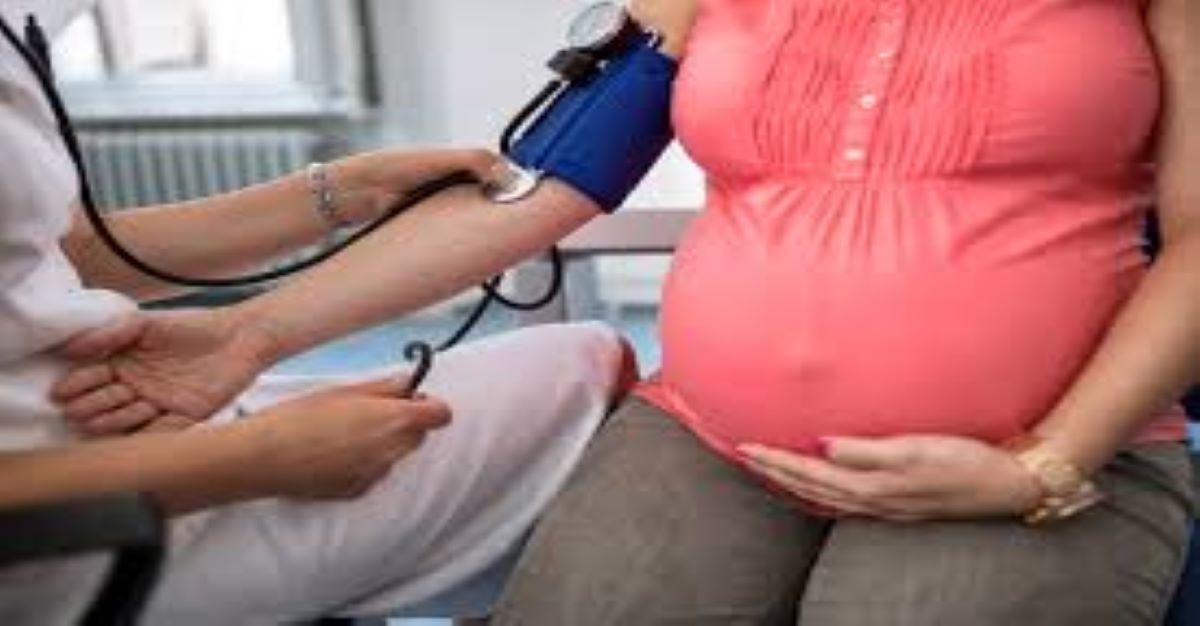
What is pre-eclampsia?
Pre-eclampsia is a condition which occurs only during pregnancy, affecting 2-8% of pregnancies worldwide1. It is defined as high blood pressure with leaking of protein from the kidneys into the urine. This makes it a multi-system disorder, which means it affects the heart and blood vessels, the kidneys, the liver and the placenta from functioning effectively. Pre-eclampsia can be mild, moderate or severe depending on the severity of the signs and symptoms, which include headache, fluid retention leading to swollen limbs and face, acute abdominal pain and visual disturbances such as flashing lights or black spots. As a result, mothers who have been diagnosed with pre-eclampsia are classed as ‘high-risk’ and need to be diagnosed and treated in a timely manner. Sadly, the condition not only affects the mother, but also the baby, with risk of growth restriction, preterm birth and stillbirth more likely1.
What causes it?
The origin of this disorder is the subject of much debate amongst midwives and obstetricians, and if often referred to as the ‘disease of theories’2. Only officially recognised as a separate condition from epilepsy in the 18th century, the current accepted theory is that the condition originates from the placenta during its implantation into the lining of the womb. If the placenta’s blood vessels penetrate the lining of the womb insufficiently, resulting in shallow implantation, this leads to a chain reaction of blood vessel dysfunction throughout the mother, which affects large vessels which control blood pressure, causing it to go up, but also small vessels like capillaries, causing them to leak fluid and cause water retention in the mother’s limbs2. What triggers this cascade of events is still unclear, but likely to involve an excessive or atypical maternal immune response. Researchers are still actively working to find out why these immune responses happen and if they can be prevented.
Who is at risk?
In terms of conception, mothers who have conceived using donor eggs are at increased risk of pre-eclampsia as there is a different immune response compared to a conception using her own eggs. The mother’s physical health such as kidney problems, pre-existing high blood pressure and kidney problems, auto-immune disease, polycystic ovaries and diabetes can all increase the risk of pre-eclampsia. Maternal lifestyle choices, such as excessive iron levels, bacterial and viral infections, obesity and mental stress can all increase risk of pre-eclampsia2.
Genetics seem to also play a role in risk, with pre-eclampsia running in families. Mothers who were diagnosed with pre-eclampsia are more likely to have daughters who will also suffer from pre-eclampsia. More recently, genetic studies show that it can also be inherited from the paternal line so a family history of both parents is needed to accurately assess risk1.
How do I know if I have it?
This condition occurs in the second, but more commonly in the third trimester of pregnancy. Your midwife or doctor will be providing regular check-ups for the signs of pre-eclampsia (such as measuring your blood pressure and checking your urine for protein). You should be aware of the symptoms and monitor these at home, attending your local hospital triage unit if you have any of the following symptoms: severe headache or upper abdominal pain, swelling of arms/legs/face or visual disturbances. It is important to seek care immediately to treat the condition.
What can I do to reduce my risk?
Your midwife or doctor will perform pre-eclampsia screening at your first appointment of the pregnancy and inform you of your risk. If you fall into the high-risk group, you will be advised to take low-dose aspirin between 6-13 weeks. There is good evidence3 to show that in first time mothers, this intervention can reduce your baby being born premature and having a poor outcome. If you are genetically pre-disposed to pre-eclampsia, it may not stop you from developing the condition but it may stop some of the more severe consequences. As Aspirin is not licenced for pregnancy over the counter, you need to obtain a prescription from your healthcare provider. There are some medical conditions in which taking Aspirin is contraindicated, so always discuss with your doctor about your risks.
References:
The information found anywhere on this website, including but not limited to text, graphics, images and any other material therewith is for information purposes only. No material on this website is intended to be a substitute for professional personalised medical advice, diagnosis or treatment. By providing the information contained herein we are not diagnosing, treating, curing, mitigating or preventing any type of disease or medical condition. Always seek the advice from a registered health care professional if you have any questions regarding any medical concerns or conditions. Do not disregard professional medical advice or delay in seeking it because of something you have read on this website.
This website is not meant to be self-treating but is a supplement to the care given by competent medical health professionals. Hegenberger Medical take no responsibility for any damage suffered by any woman or baby. Our opinions are our own and do not replace advice from competent medical health professionals. The material on this site may not be reproduced, distributed, transmitted, cached, or otherwise used, except with the prior written permission of Hegenberger Medical.
